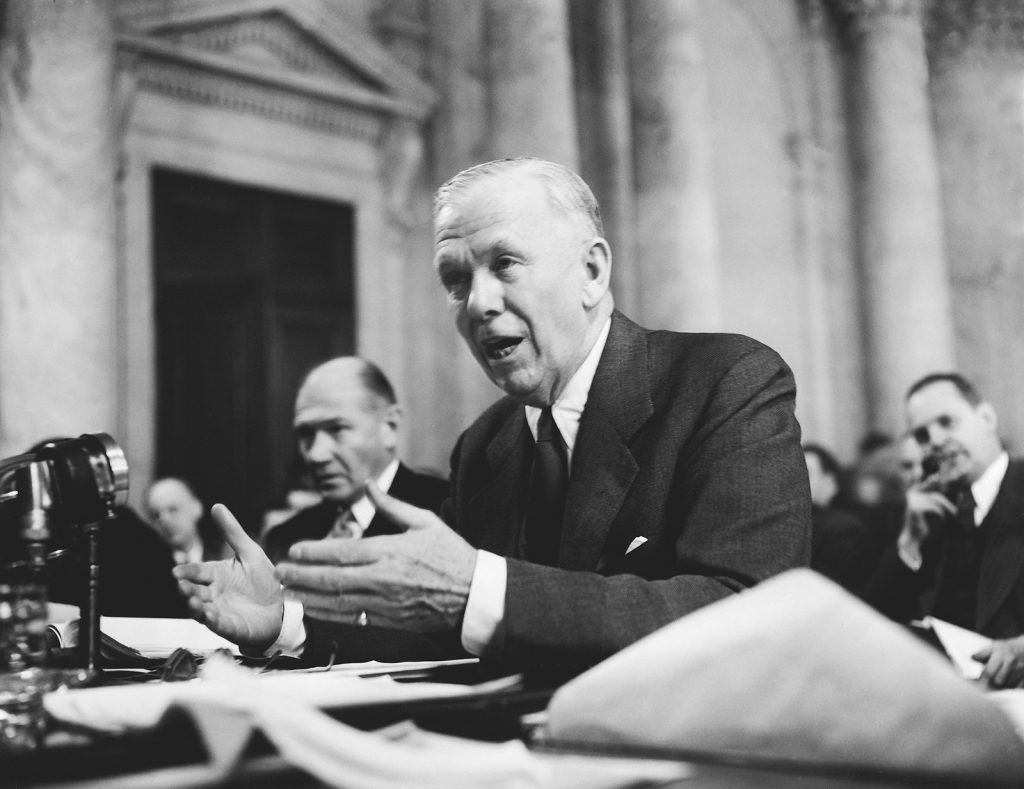Opinion: The 75-year-old lesson for pushing back against Putin

America and its allies had won the Second World War. Veterans were attending college on the It ultimately passed with 69 votes in the Senate. Within months there were ships delivering food and medicine, as well as funding to rebuild dams, bridges and buildings. Europe was stabilized by economic interdependence, spurring growth while taming inflation. Political moderates rather than extreme parties rose in parliaments. In the end, security was strengthened by the creation of NATO, while trade agreements created the foundation for the European Union.Now you might be asking why the Marshall Plan should matter to you today? Because it turned enemies into allies and dictatorships into liberal democracies. Because it reminds us that America’s greatness is connected to our goodness. And because it helped establish 75 years of relative peace and prosperity in western Europe. In recent years, we’ve learned the dangers of taking our democracy for granted — and in recent months we’ve learned the wisdom of those organizations established by America and its allies to win the peace after World War II. Vladimir Putin’s invasion of Ukraine should have shattered any fashionable illusions about isolationism or the end of history. It should also remind us that geopolitical bullies only respect strength. That’s why collective security agreements work. Just ask traditionally neutral nations like Finland and Sweden why they want to join NATO now. There are already calls for a new Marshall Plan to rebuild what has been destroyed in Ukraine — and signs of renewed solidarity among allies with a determination that Russia remain isolated.But the best way to honor the Marshall Plan is to recognize that peace must be waged unceasingly. We cannot wisely retreat from the world because what Marshall, Truman and Vandenberg understood is still true — if you don’t win the peace, you don’t really win the war.







